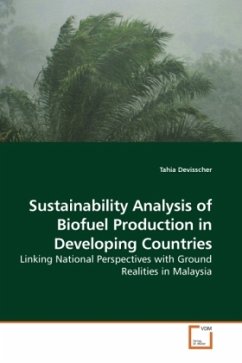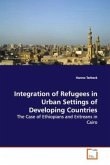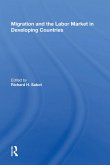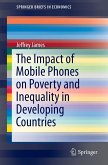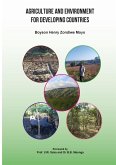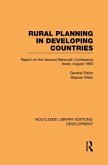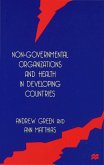The economic risk of relying primarily on fossil fuels has increased international interest in modern biofuels as an alternative energy source. This has been exacerbated by the growing awareness of energy-related pollution and climate change consequences. As the current leading global palm oil producer, Malaysia is planning to invest heavily in biodiesel development. Qualitative assessment and participatory approaches were used in this study to compare national economic development objectives to local level effects of palm oil production expansion. Although market opportunities related to biodiesel development seem to be appealing at the national level and palm oil plantations can potentially bring socio-economic benefits to local communities, there are risks upon the sustainability of local livelihoods and environment. These risks can jeopardize the ability of communities to be self-sufficient to fulfill their basic needs. This analysis targets decision-makers and practitioners that are looking for key considerations and possible strategies to ensure the production of biofuels can contribute to sustainable development and the Millennium Development Goals.
Bitte wählen Sie Ihr Anliegen aus.
Rechnungen
Retourenschein anfordern
Bestellstatus
Storno

